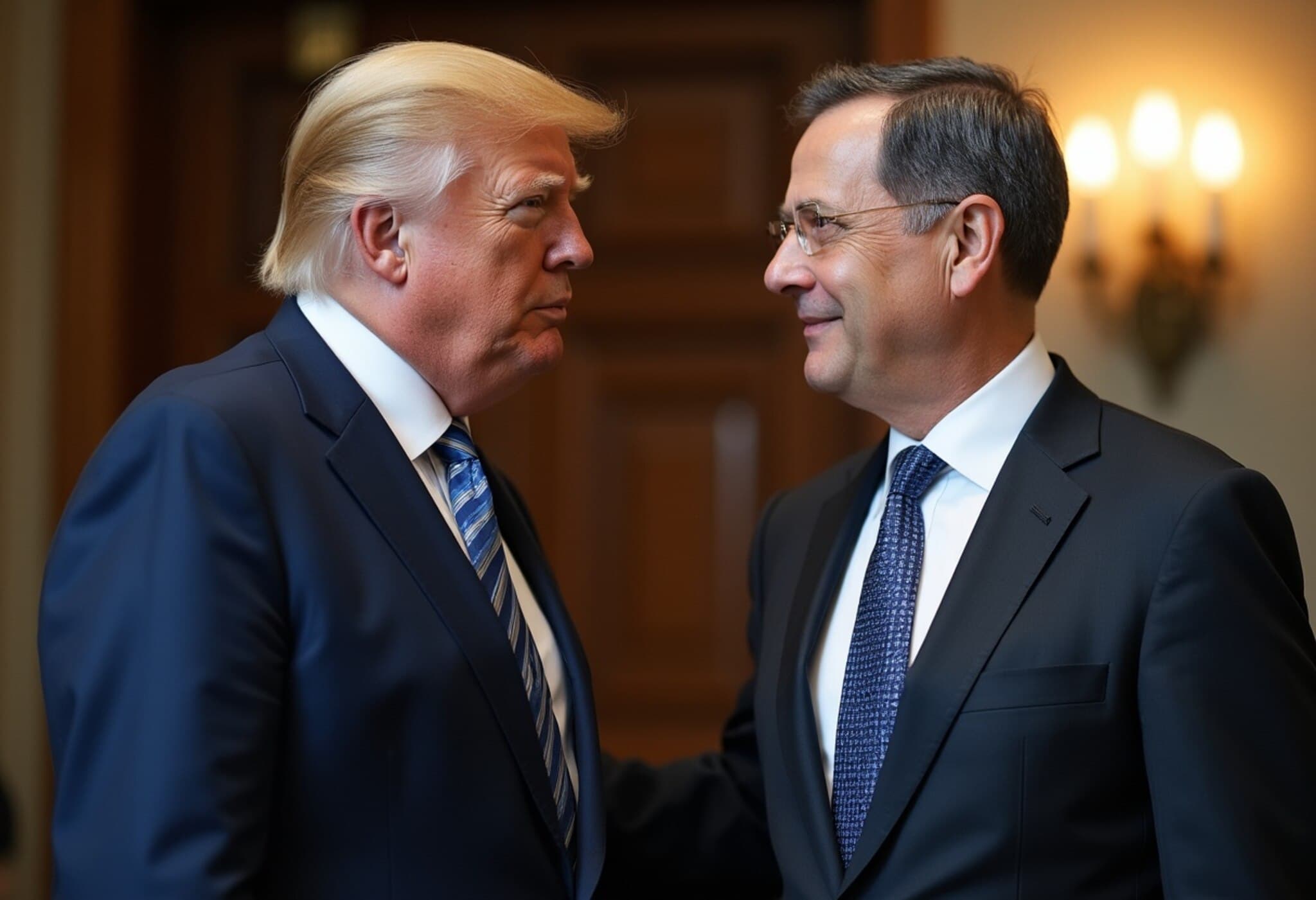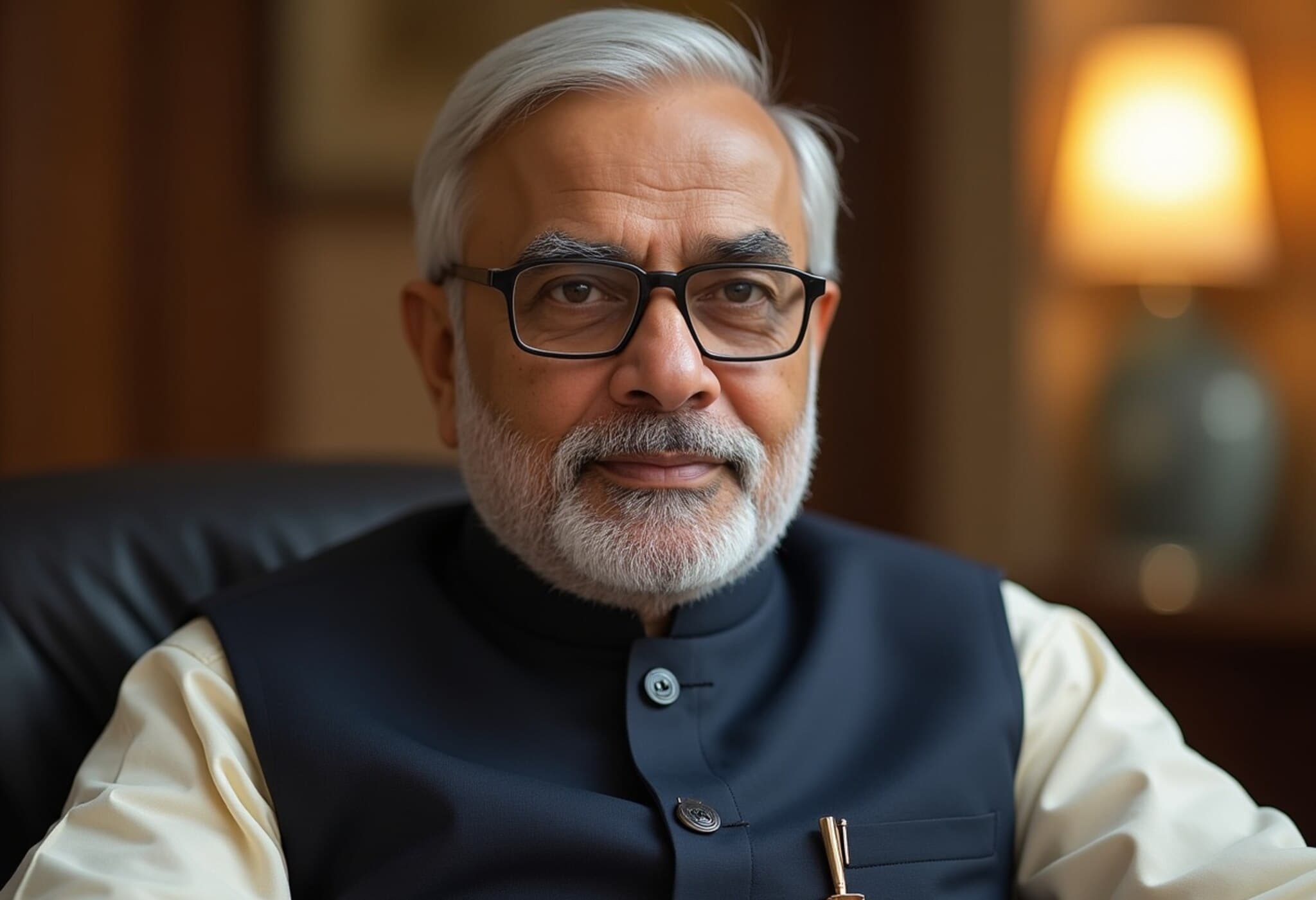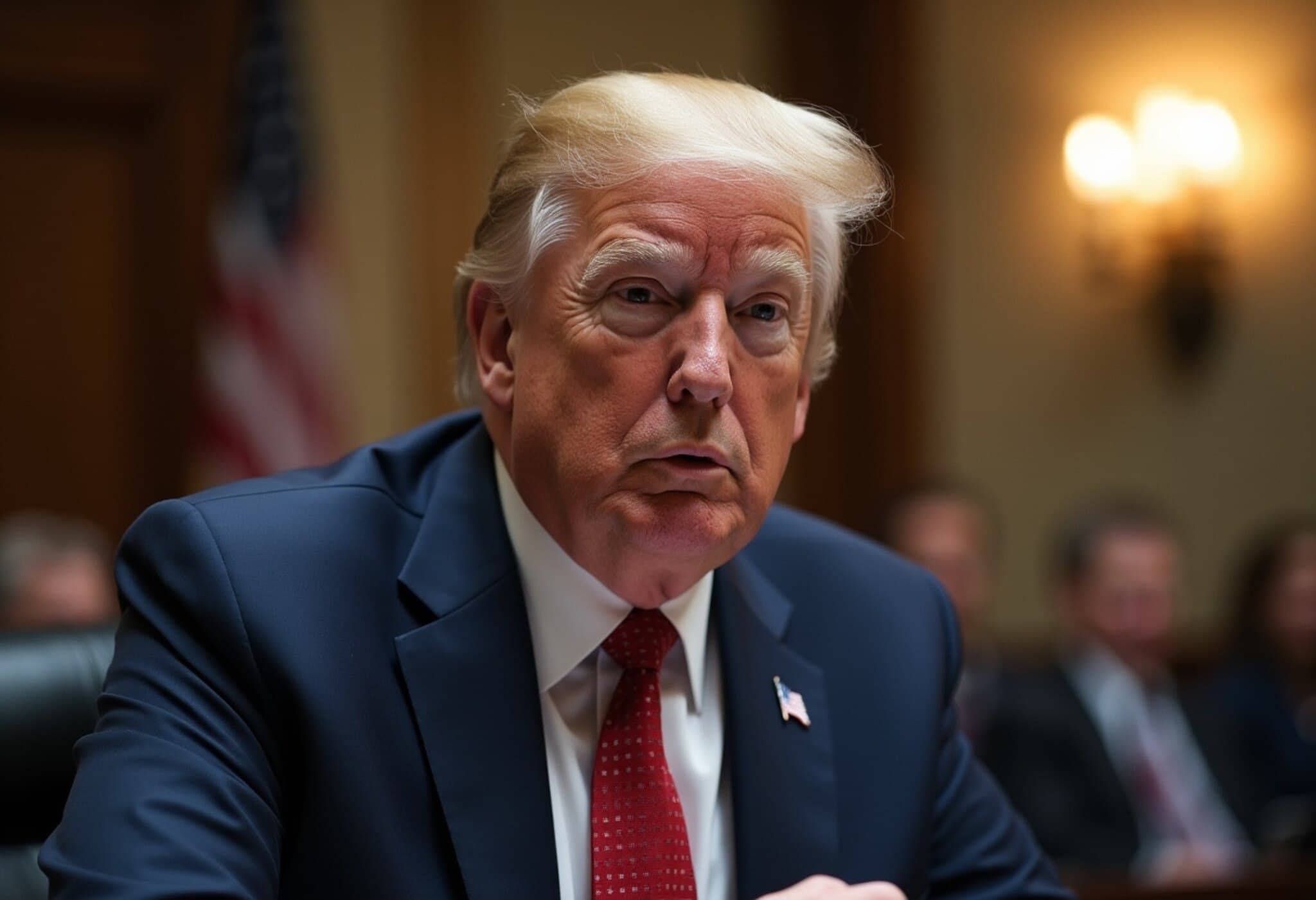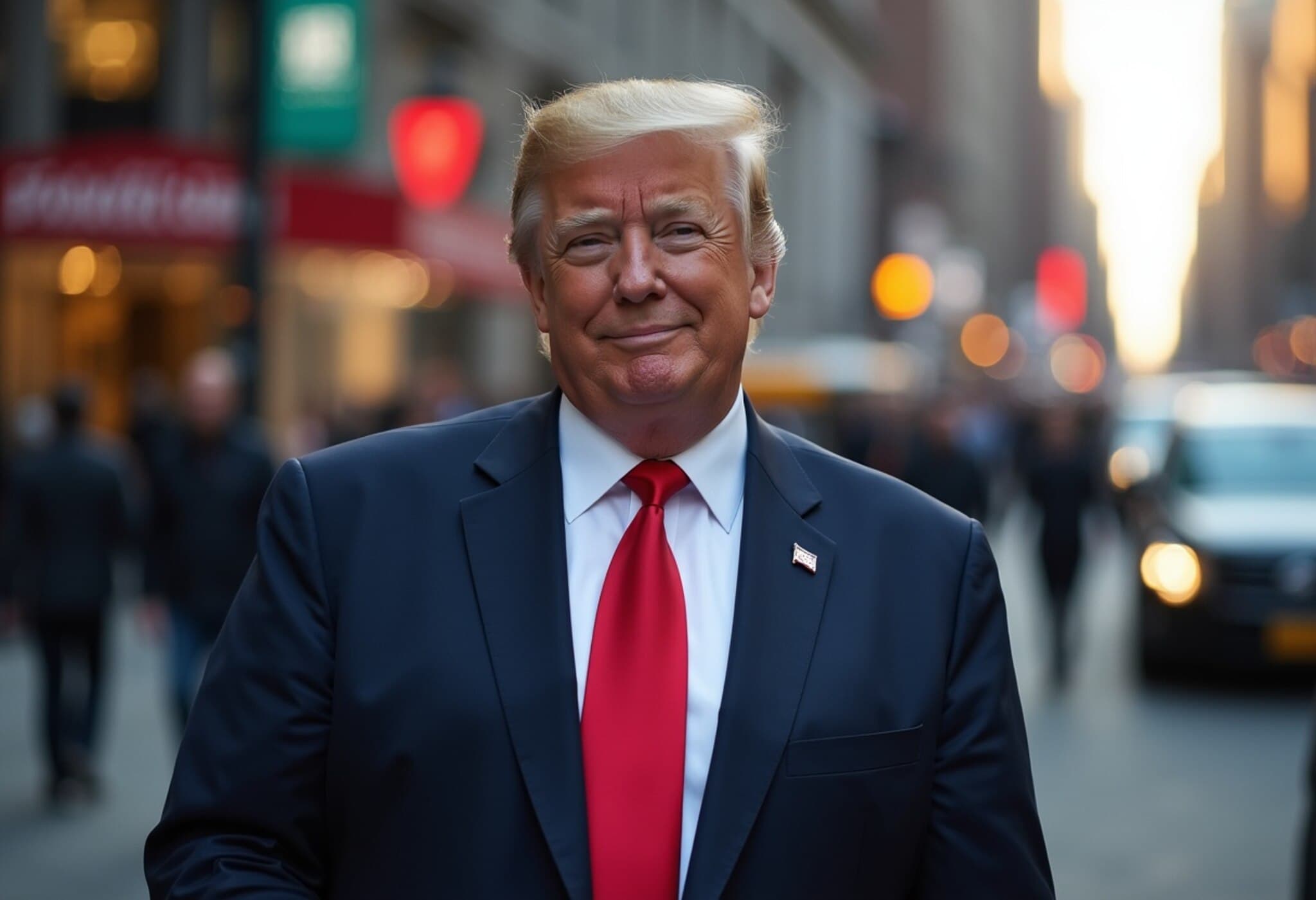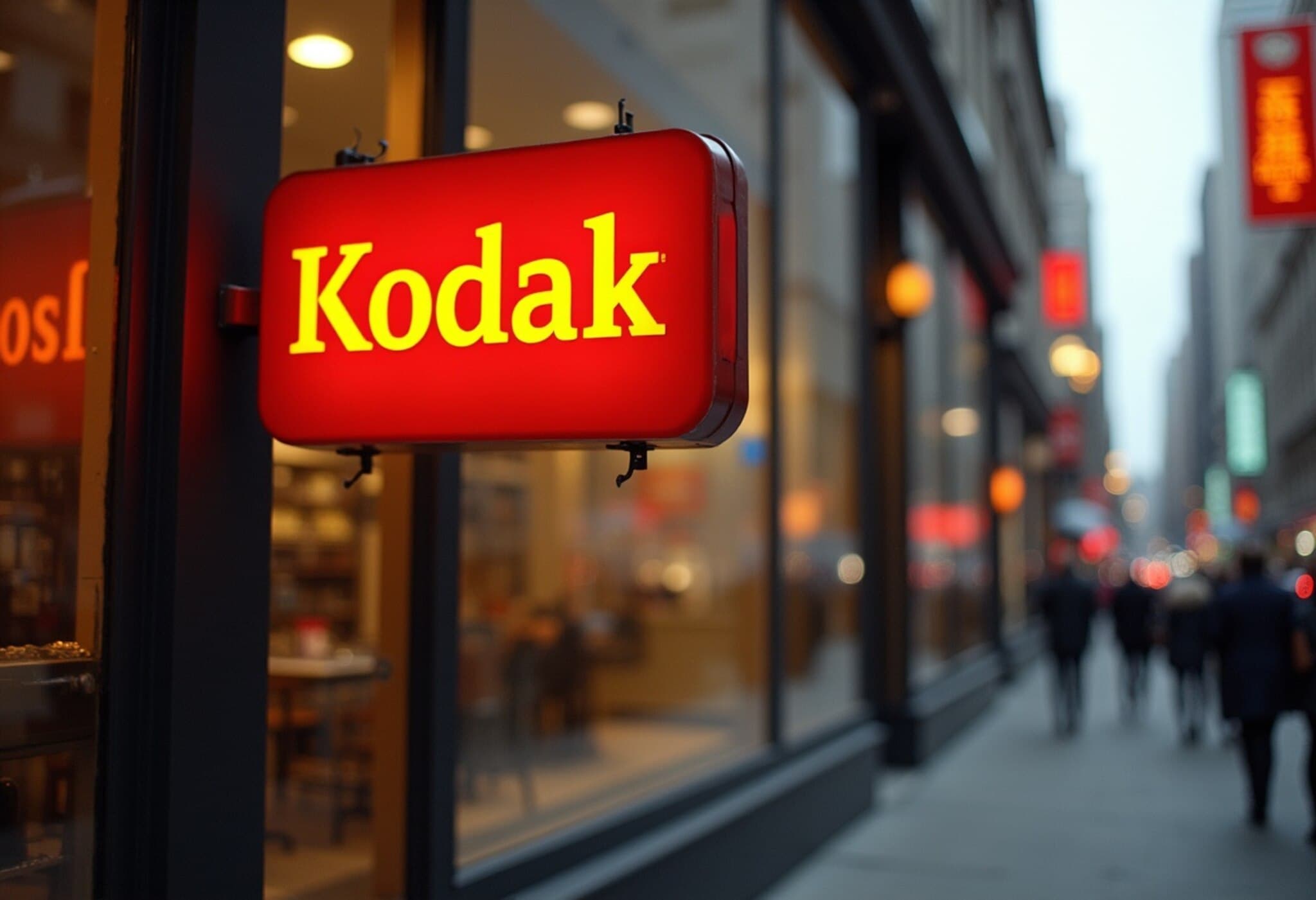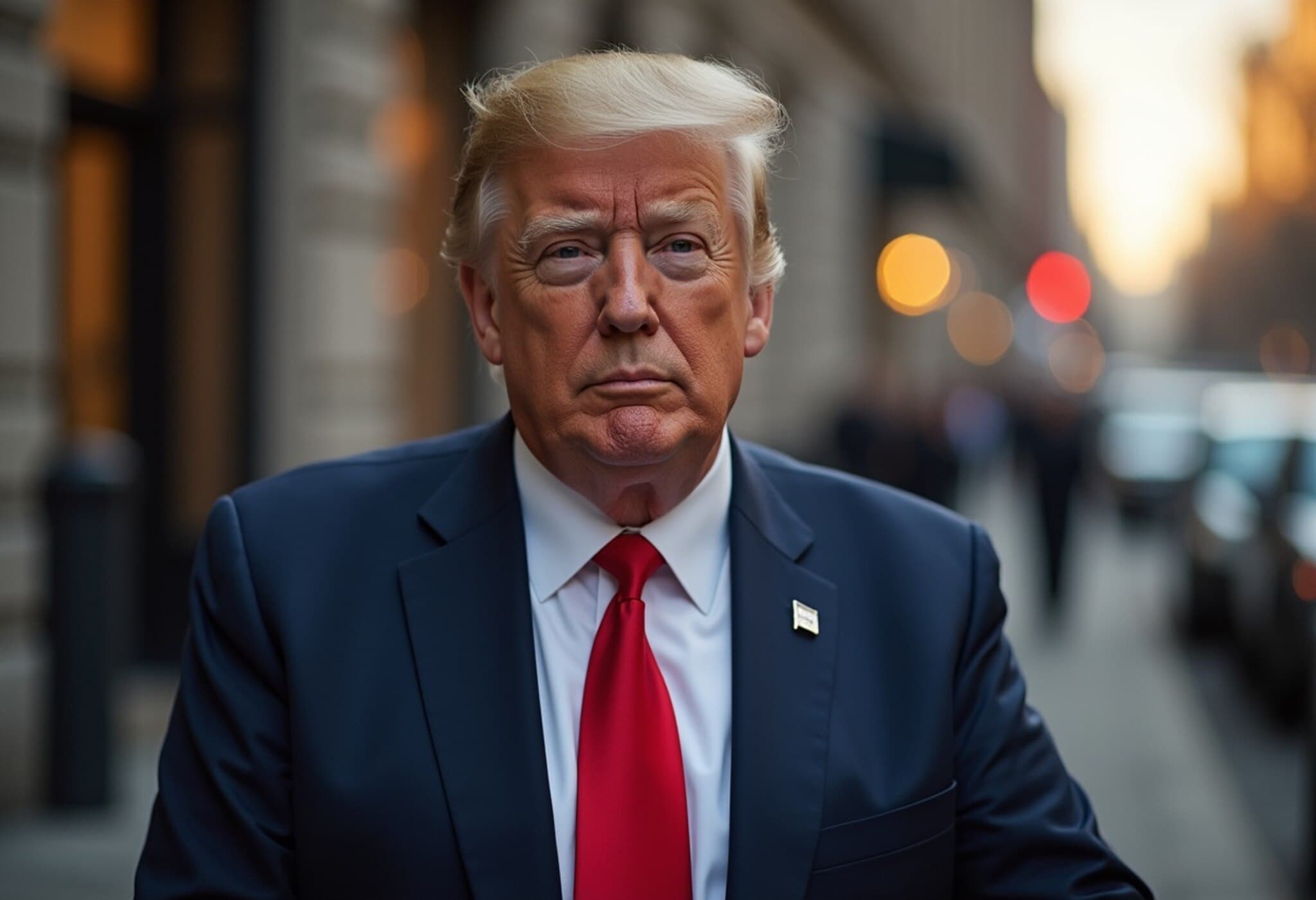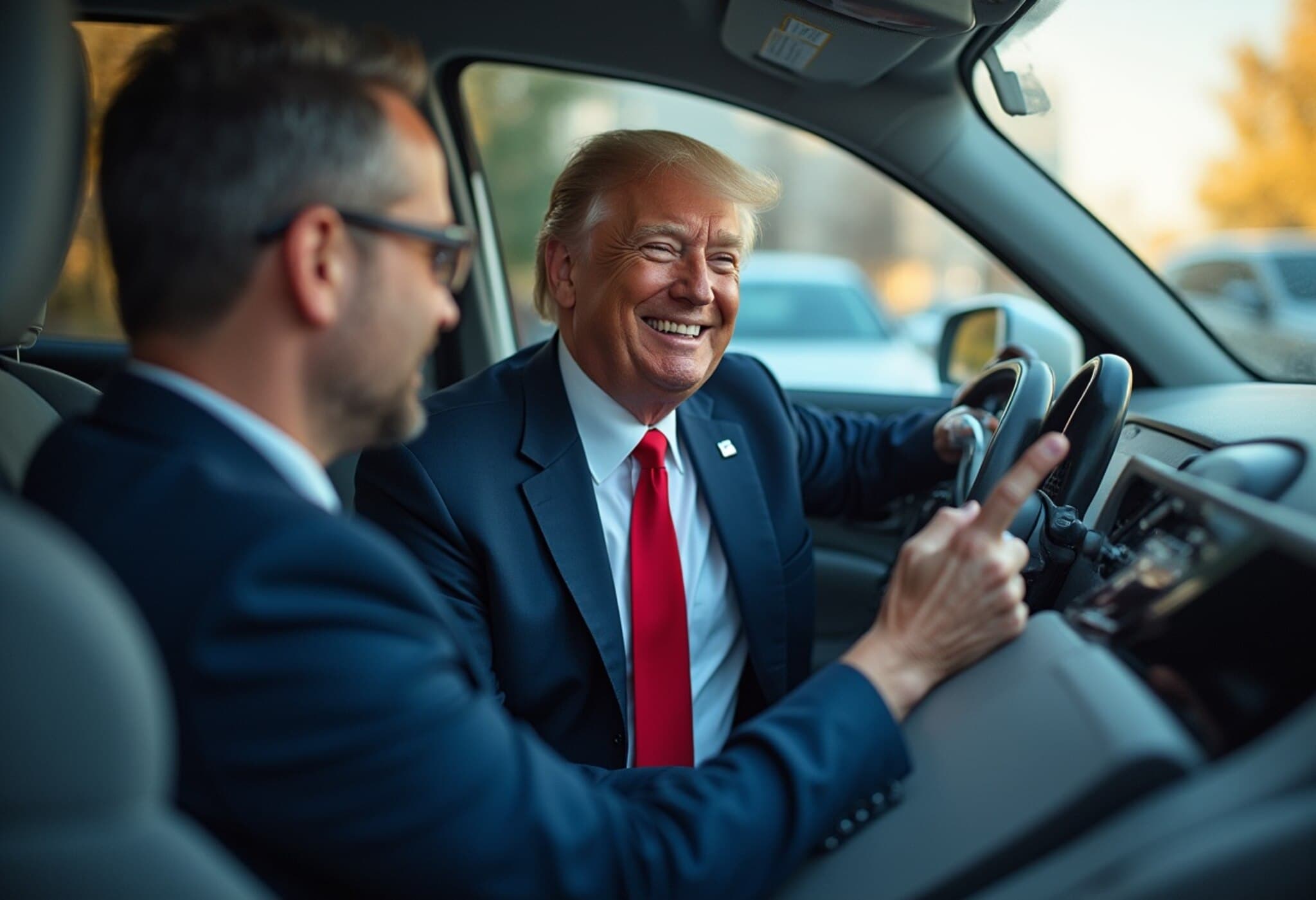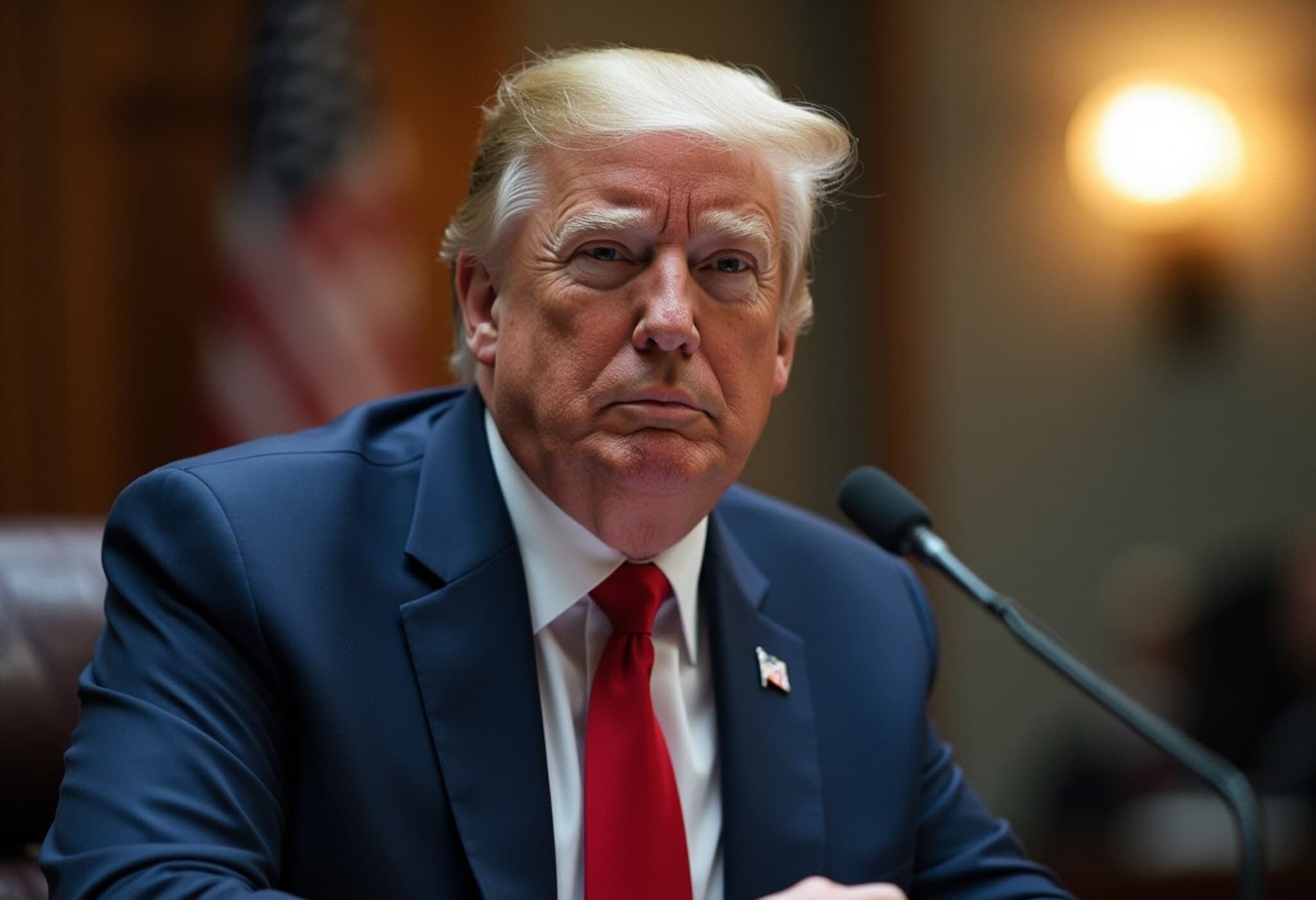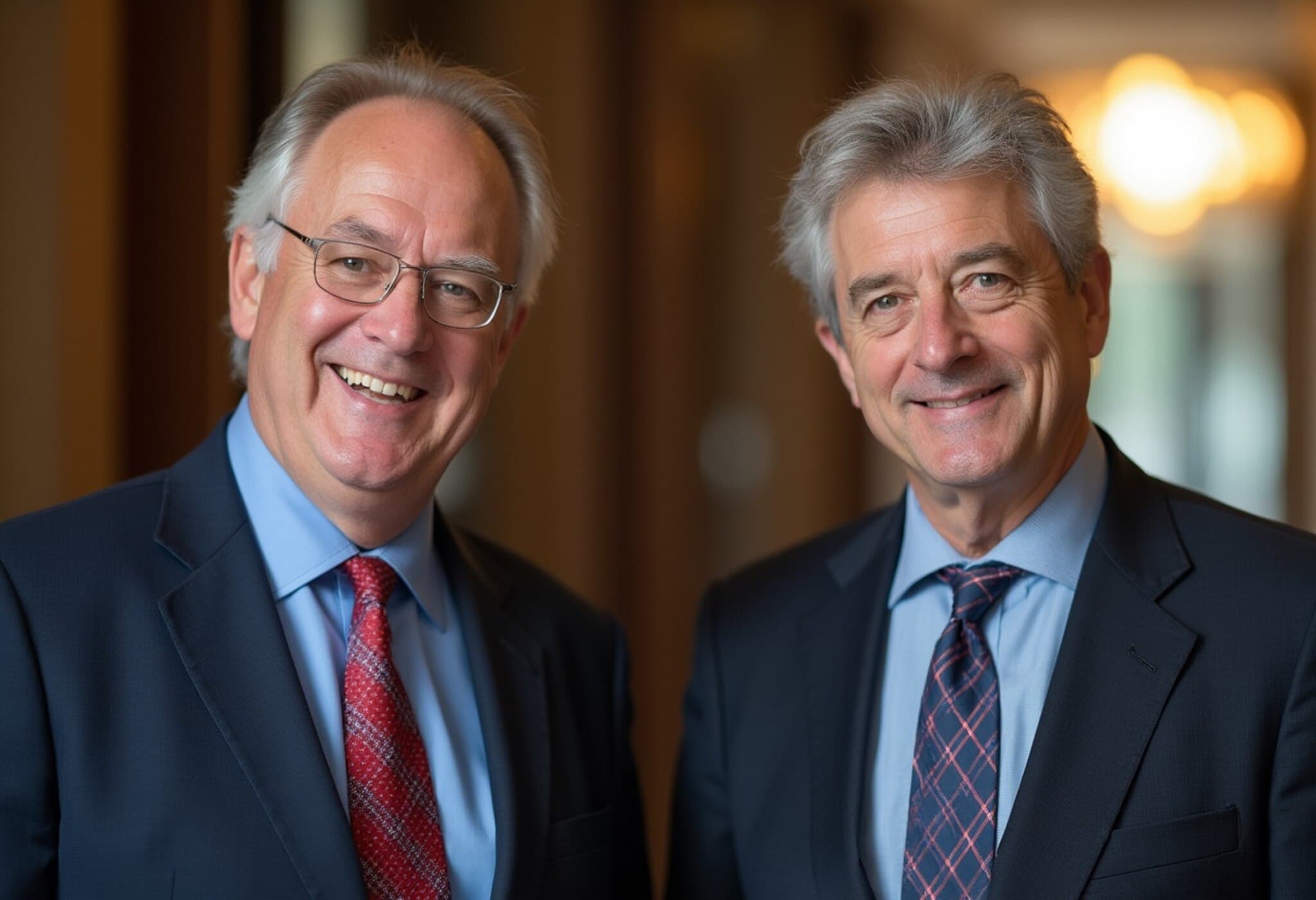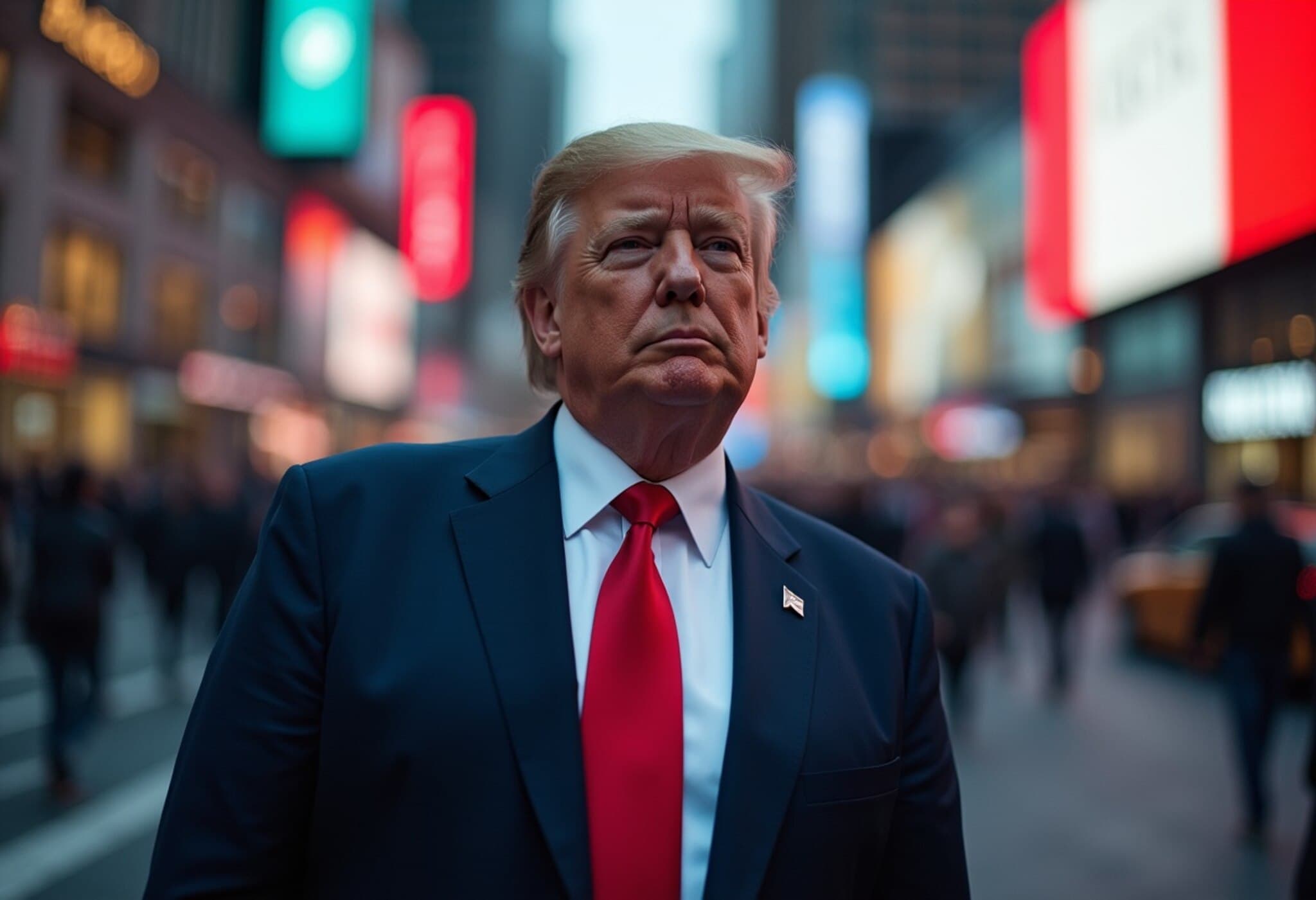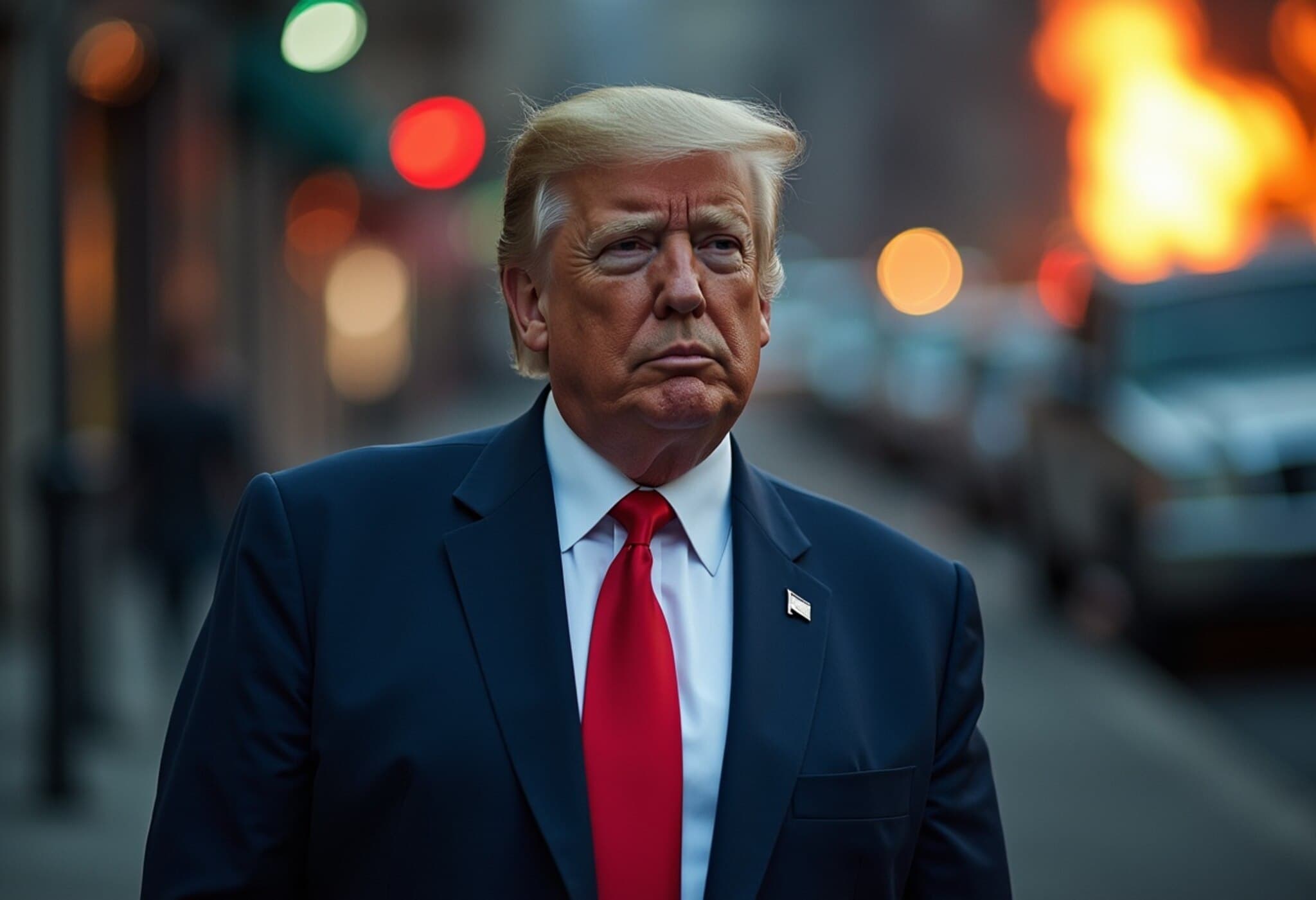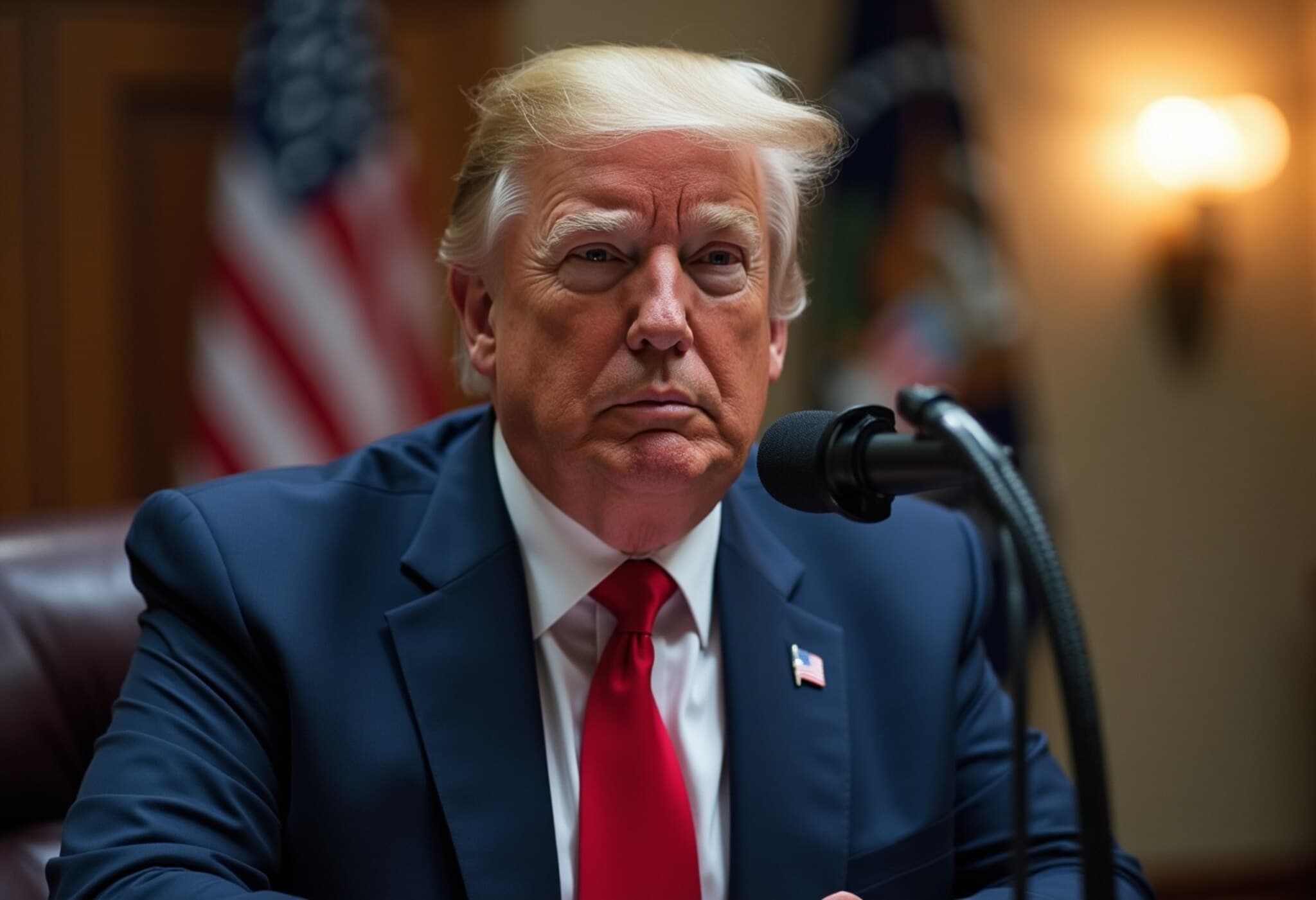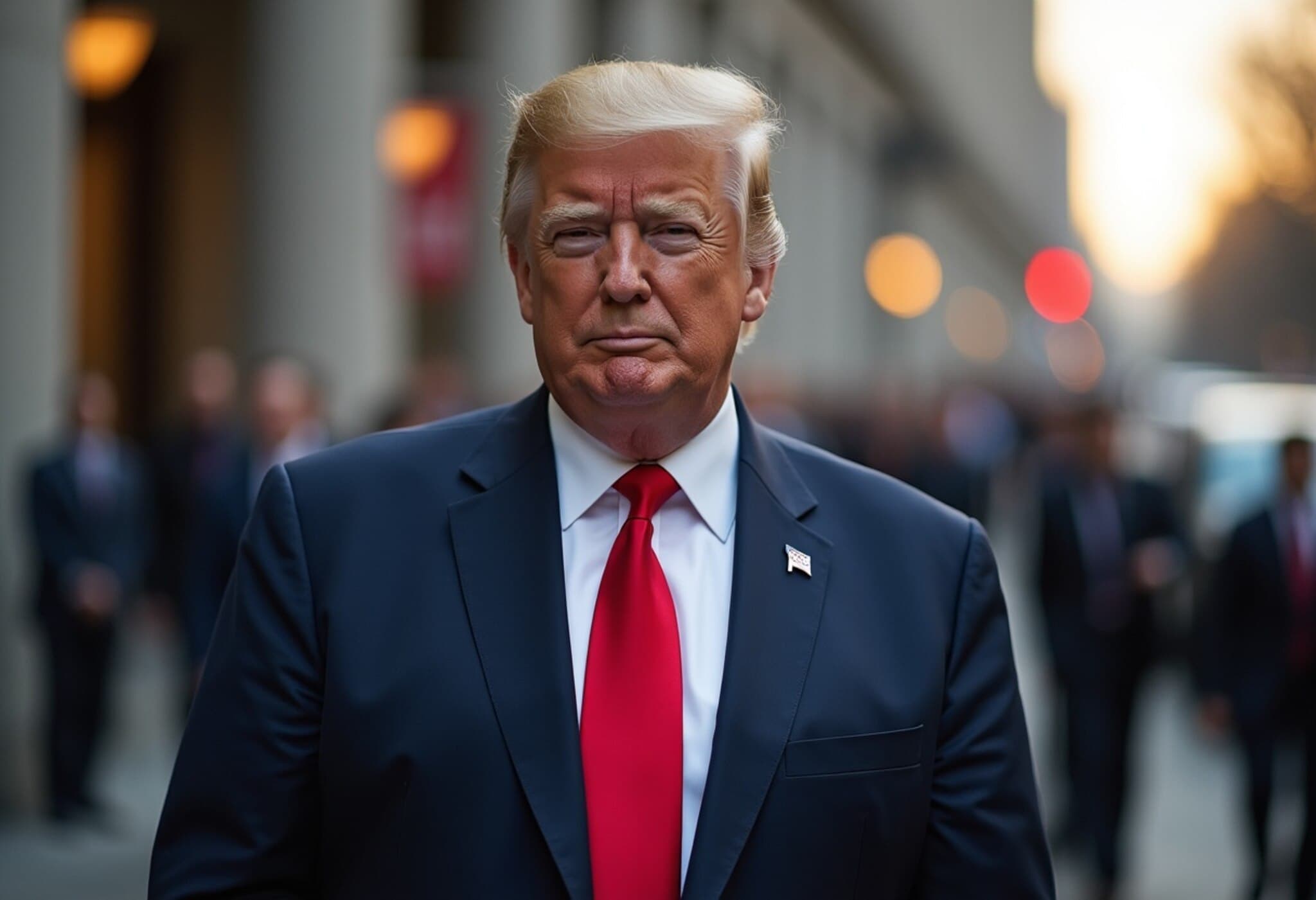Trump Criticizes Goldman Sachs CEO David Solomon on Tariff Policies
In a striking public exchange on August 12, 2025, former U.S. President Donald Trump sharply criticized Goldman Sachs CEO David Solomon, urging him to "focus on being a DJ" rather than managing one of the world’s largest investment banks. This comment came through a post on Trump's social media platform, Truth Social, reflecting continued tensions over economic policy perspectives.
Trump Defends Tariffs as Catalyst for Economic Growth
Trump insisted that his administration’s tariff measures proved beneficial, sharply contradicting previous forecasts by Solomon and Goldman Sachs' economists who warned the tariffs would negatively impact the U.S. economy. Trump highlighted that tariffs had generated substantial revenue for the U.S. Treasury, suggesting that these measures fueled the stock market and increased the nation’s overall wealth without triggering inflation.
- "Trillions of dollars are being taken in on tariffs," Trump emphasized, portraying them as a major financial boon.
- He challenged the narrative that American consumers bear the brunt of tariffs, asserting that companies and foreign governments primarily absorb these costs.
Contrasting Views From Goldman Sachs Leadership
Earlier in the day, Goldman Sachs released an economic note highlighting that the impact of new tariff levies on consumer prices was only beginning to materialize, reflecting cautious economic forecasts. Solomon had previously voiced concerns about the uncertainty tariffs created for businesses and investors.
"The policy actions to date have raised the level of uncertainty to a degree I do not think is healthy for investment and growth," Solomon told Bloomberg TV in May 2025.
He added that CEOs and clients appeared to be tightening spending and deferring investment decisions due to this uncertainty, potentially leading to layoffs and slower economic momentum.
Context and Expert Analysis: Decoding the Tariff Debate
This dispute underscores a broader economic debate that resonates deeply within U.S. economic policy circles: the balance between protectionism and free trade, investment certainty versus government intervention.
Economic experts note:
- Tariffs can produce immediate government revenue but risk longer-term economic slowdowns if they deter investment or disrupt supply chains.
- Pass-through of tariffs to consumer prices is complex; while companies and foreign producers may initially absorb costs, these often trickle down as higher consumer prices over time.
- Policy uncertainty frequently weighs on business confidence, which can depress hiring and capital expenditures.
The contrasting narratives from Trump and Solomon reflect different lenses: one championing the fiscal gains and stock market rally attributed to tariffs, the other cautioning about the less visible, gradual impact on economic growth and job security.
Why This Matters to American Households and Markets
For everyday Americans, the debate raises critical questions:
- Are tariffs ultimately costing consumers through higher prices or lost jobs?
- How sustainable are the short-term gains in government revenue compared to potential long-term economic repercussions?
- What role should economic uncertainty play in shaping investment and wage growth?
Policymakers and market participants will continue scrutinizing tariff policies as global trade dynamics evolve.
Editor's Note
This exchange between a political figure and a business leader highlights a fundamental tension in American economic policy—balancing protective measures and market confidence. Readers should consider how tariff strategies affect both macroeconomic indicators and personal financial realities. As debates over trade policy intensify, understanding the nuanced interplay between immediate fiscal benefits and broader economic health becomes increasingly vital.

